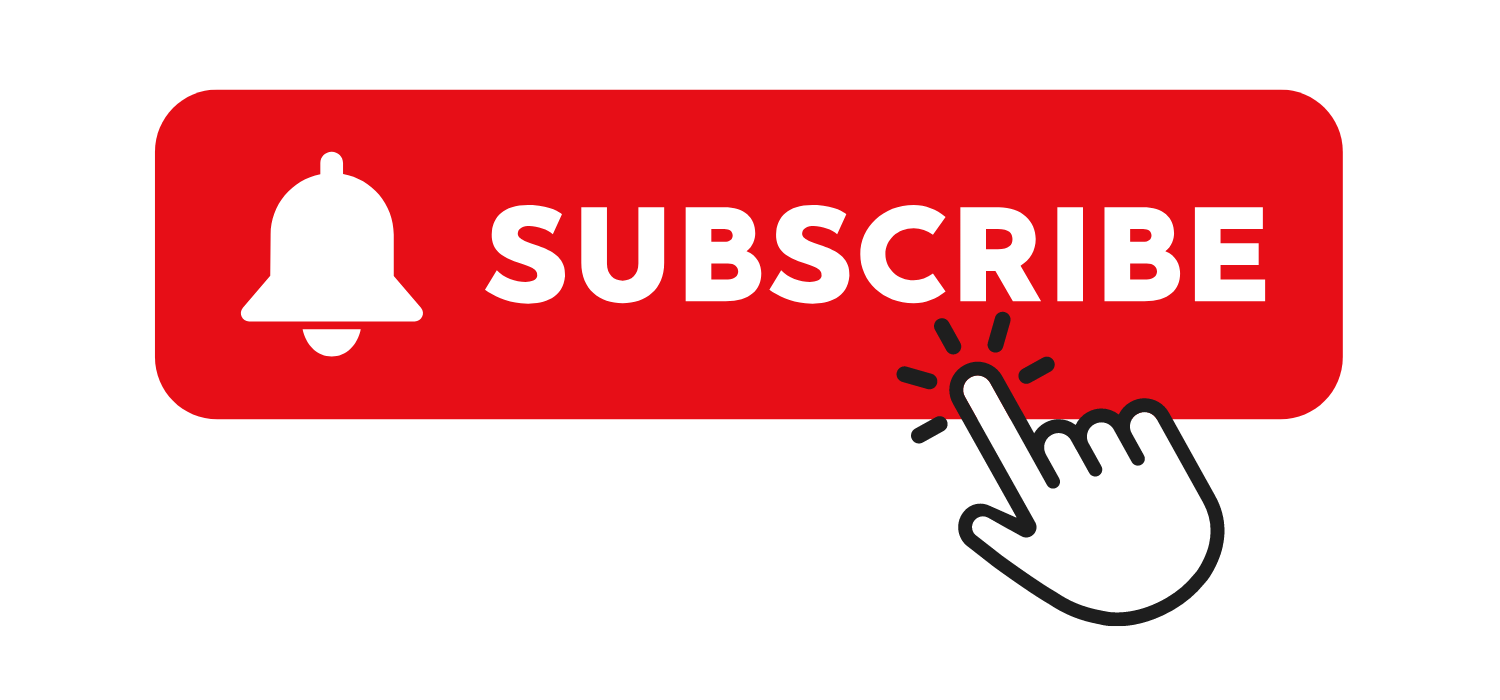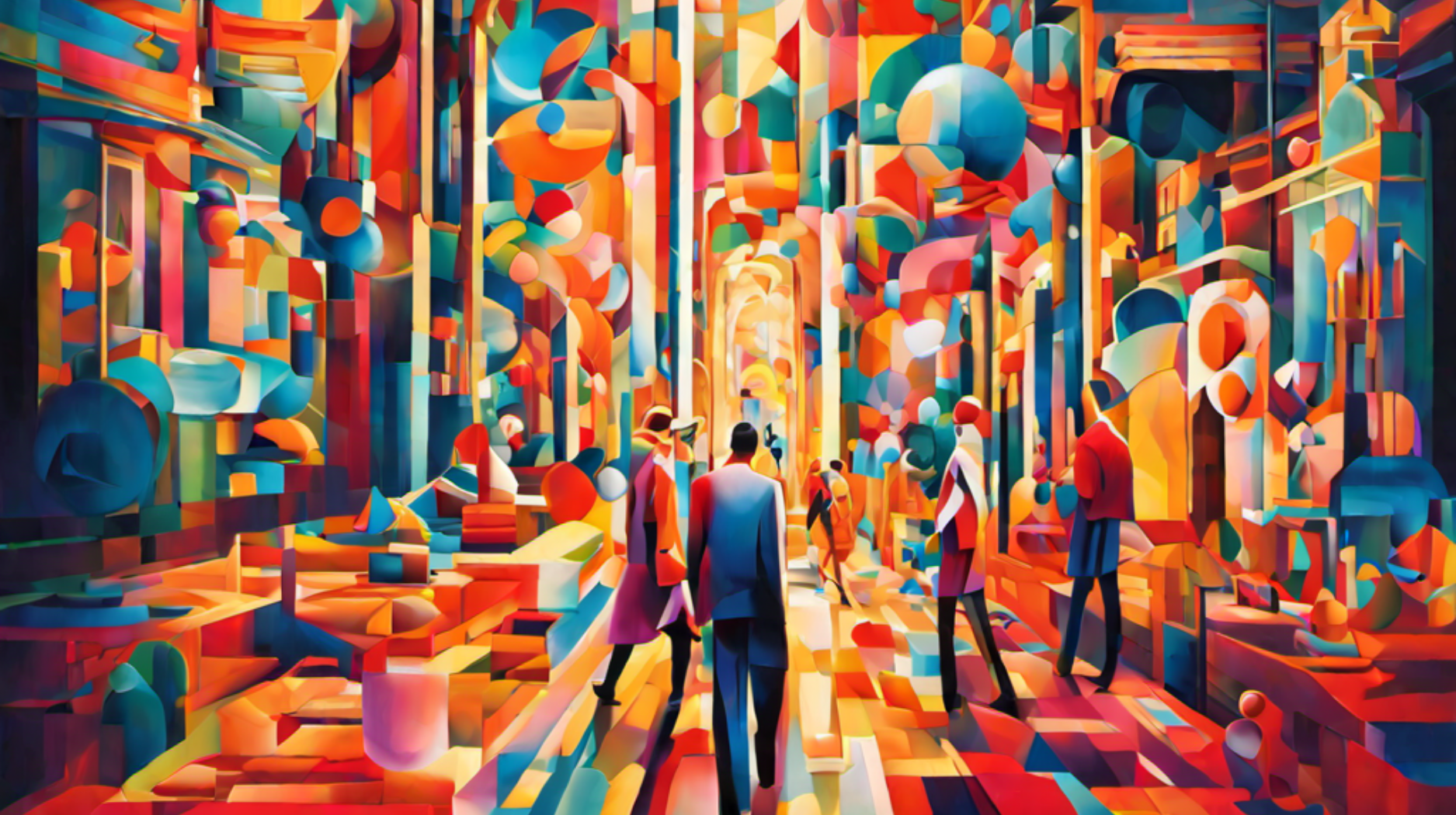Belief Anger in the Workplace - Interview & Transcript
What if everyone in your organisation developed the habit of 'Reality Checking' their beliefs?
Transcript from my interview with Mike Harsanyi!
Hi, Fi Hills, and today I'm with Mike Harsanyi, and today we are going to be talking about something very specific and very important, especially when it comes to the subject of psychological safety in our workplaces or in any big community group. Mike is going to be talking to us today about something called Belief Anger. Belief anger is such an interesting story, so I'm going to dive straight in. Mike, tell us more.
Thank you Fi for having me. Again, Belief Anger has made my life so much easier since I've kind of recognized it. Instead of kind of feeling that awful frustration that I thought we were having some kind of meaningful conversation. Suddenly you get into this situation when it becomes like mud wrestling, really just bashing at each other and trying to protect our grounds.
And it was really frustrating me for so many years, decades even, since I've realized what is actually going on and why this is happening. And this is quite predictable, even meaningful process or response. It really has made my life easier. And I could start experimenting with better ways of avoiding these situations or if already in them, then just calming them down and guiding them back towards something which is more useful and less pointless. Belief Anger is a great step towards psychological safety, so I'm quite excited to talk about it.
First, explain what it is. I mean, it seems pretty self-explanatory, but I'm not going to make any assumptions here, so tell us what it is.
We see it and experience it all the time. That people are just starting off sharing their thoughts and then suddenly the conversation becomes really tense, sometimes even angry. And when it happens, the opposing parties, they become opposing parties and they stop listening to each other and it becomes all about just standing our ground, maybe conquering the other. It can go on for hours. Sometimes we say, okay, well, we agree to disagree, but even that we say it with clenched teeth. So this is what kind of Belief Anger is about. Endless arguments, one belief against the other. What really made me think after a while, that where's that passion come from? So why is it there? I mean, we start off as kind of friendly argument. Not even an argument, just a conversation. Share thoughts in a constructive way, helping each other learn new and useful information. And suddenly it can happen from 1 second to the other. And it becomes so emotional and so passionate in all sorts of ways. Where does it come from? I came to the realization that it happens really when the person who becomes so passionate feels that they are threatened about their beliefs.
This is where we must talk a little bit about reality versus belief or imagination. In our everyday lives, we use interchangeable reality and imagination and beliefs. So often that it has almost become second nature and we don't even think about it, and we don't make a real difference. But just to kind of remind us what is the difference between reality as imagination and belief. For example, when we look at our hands or look around, look at other people, objects, cars, buildings around us, then we have a kind of sense of reality. We kind of sense that we can touch it if we want to. It is there. However, for example, when we listen to words or see drawings, they don't possess the same kind of sense of reality. I mean, for example, reading or hearing about an apple is not quite the same thing as actually having it in our hands or even tasting it. So we may even say things like oh, I could almost taste it. But that almost is kind of pointing out the difference between reality and imagination and beliefs. However, and this is kind of quite similar subject to biases, we do have to rely on imagination and beliefs almost all the time.
We make thousands of decisions every day, and that's always about the future. And the future is not reality. We just imagine what it's going to look like, and we ask ourselves questions like is it going to be pleasant? Is it going to hurt? Is it going to be beneficial? What will I feel like? What will they think? What will happen? And that's all about kind of the future and imagination. And very often what we imagine to be is going to become reality in a few seconds, after our decisions, a few minutes later. And because it is so easy to kind of mix reality and belief and imagination in the age we're living, it is even easier because we see movies and we see pictures, when they were taken, they have captured some kind of reality. But by the time we are just looking at pixels on our screens or listening to recordings. But that is not quite the same thing as being there and experiencing it. And especially with digital editing and fake pictures, it is becoming more and more apparent that there is a huge difference between reality and what we perceive in a picture as reality.
But important point from the Belief Anger's point of view is this difference between reality and imagination or what we believe to be true. And there's this obscure line that makes all the difference. Now, why is that important from the Belief Angers point of view? Because we must rely on so many beliefs to make our decisions. We can't possibly experience everything in life, and we can't possibly determine about everything, whether it's real or not. We must make quite a few assumptions, use beliefs, biases, heuristics, and so on and so on. And because of that, once we have found a belief that we say okay, well, it looks like it's true, it takes quite a bit of an effort to incorporate that belief into our belief system. Do we have to decide? Do we trust it? Do we trust the source? Does it contradict our other beliefs or our sense of reality? And that's quite a bit of work. So, once we have incorporated these beliefs, they become ours. They are our beliefs, our possessions. And so just like with our objects, we become quite protective of them. Let's say that we get into this kind of conversation and suddenly the other party, let's say the opposing party, is just saying something that contradicts our beliefs.
Now do we just give in and say, okay, well, whatever, I let them take my belief in a way steal them and just put theirs in place? Or am I going to protect my belief? I would really have to trust them, or I would not have to. Maybe if I don't care at all, then I would do it. But usually, you really would have to trust the other party and that rarely is the case. So, you become quite protective about your belief. Belief Anger happens when someone holds a belief which is not to be confused with real knowledge. So, someone holds a belief and suddenly feels invaded by another belief and then becomes very protective and passionate about that invasion.
Why are people angry when their belief is invaded?
Because they have this kind of uncertainty about their beliefs anyway? Well, let's assume that their belief is true, but
they're not certain because it's not reality, it's just a belief. So they don't know whether it's absolutely true, they just think it is true and they use it in their everyday decisions. So imagine if somebody is trying to take that away from you. You feel that, oh my God, I've been using this tool, this belief, for, let's say, years. And now if they take it away, what am I going to use instead? I'm going to be totally lost.
Share with us typical types of beliefs that can cause a lot of anger and conflict in the workplace, in your opinion.
One thing that I often come across is the belief that other people will be able to do their jobs and will deliver the outcomes. I expect them to know what they do not understand. We have this kind of belief that people will just deliver and understand and there will be no misconceptions, there will be no misunderstandings. Then reality hits, there are just so many misconceptions, so many misunderstandings, so many miscommunications, and people don't deliver. The outcome is not what we expected. They do not understand what we are saying. We become kind of frustrated and angry. But it all comes from the belief that the other person really understands what we want from them and really is trying very hard to produce the outcome that we want. Of course, that is not always the case. Beliefs are kind of models. It's not reality, it's not the truth. It's a model. You could say there are good beliefs and there are wrong beliefs based on the outcome.
Just because we have a belief, it absolutely does not mean it's a truth. But it may be. So what is Belief Anger?
Belief Anger is when we sense some kind of invasion against our own incorporated belief. We've worked quite hard to build that model. We're going to protect it. Belief anger can become very destructive and proper information exchange become quite impossible. These situations become quite unpleasant for most people. So, they start avoiding it. They stop sharing their views, they stop sharing the information they have because they don't want that angry response. So that could really shut down creative thinking and innovation inside a workplace and it becomes like a battlefield.
How can we help our people become more aware about their own Belief Anger?
Probably the best thing that you can do is just improve your skills in Reality Checking. Stop yourself as often as possible what it is that you think, what it is that you see. Don't assume anything. Just look at things as they are, without jumping to conclusions, without reading anything into it. Just keep doing it. And after a while you will strengthen your ability to differentiate between what's real and what is just kind of an assumption or a conclusion. And after a while you will realise that the world is going to look quite different, and you will be able to differentiate much easier between reality and assumptions and beliefs. And then world will start to make a very different and much better sense and you will understand a lot more about other people as well. Not just yourself.
People Reality Check their own beliefs and they get into the habit of doing that. Is that correct?
Well, once you become quite proficient at Reality Checking, very soon you will start seeing your own beliefs and other people's as well. This is where you have some kind of control over your own mind and over your own life. So, Reality Checking, it's more like a skill. First you need it like a habit to build a skill. But after a while you will develop the skill. And once you have that, you can improve your belief systems and you can do just about anything you want because you will have a tool to distinguish between what's real and what's imagined.
And of course, you can Mind Nudge people into this at scale on the Mind Nudger AI - beside the point I'm very excited about this whole idea that the whole organisation imagine were to reality check all their own beliefs and develop that skill. That to me seems like a powerful skill and would really make fostering psychological safety as a culture much easier. Do you agree with that?
Absolutely. The thing is that when you start off with Reality Checking, you can go a long way, but to take it to the next level, you also need Mind Nudging as well. What I mean by Mind Nudging is that you are introduced to slightly new thoughts, slightly new aspects, slightly new perspectives, and angles, and that if you use your Reality Checking skills you have already developed will become quite a powerful potion. Suddenly it's not just your own thoughts that you can deal with, but you can kind of have these new angles, these new perspectives. So, this is why mind nudging is such an incredible tool to actually take you to the next level. You have developed your self-awareness. Now you have Reality Checking skills. It's not a problem anymore. But still, you can't expect all essential thoughts to come to you on your own. Sometimes you need new angles, you need reminders. This is what Mind Nudging is all about.
So I want to say thank you very much, Mike. What you've devised here in terms of this subject of Belief Anger is so real and so undiscussed.
What is your experience with Belief Anger in the workplace? Share your experiences!
#BeliefAnger #PsychologicalSafety #WorkplaceConflict #RealityChecking #MindNudging #UnderstandingBeliefs #EmotionalIntelligence #CommunicationSkills #PsychologicalAwareness #BuildingCulturalSafety #WorkplaceProductivity #BeliefSystems #CriticalThinking #EmotionalReactivity #ConflictResolution #SelfAwareness










